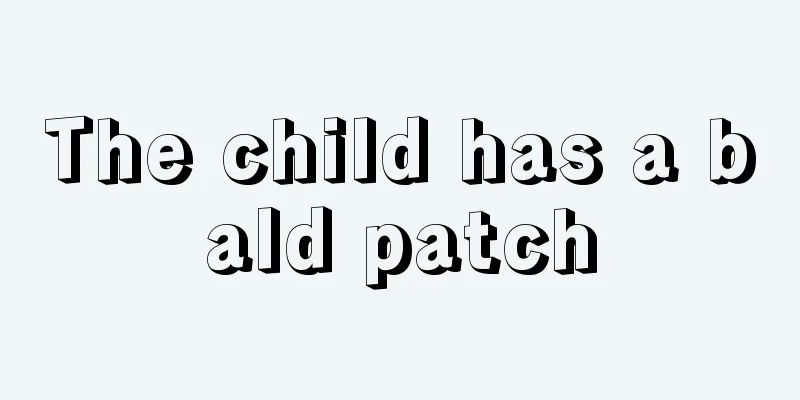At what age can a child be helped to urinate?

|
As babies grow older, they will gradually get rid of diapers. However, many parents will rely heavily on diapers in order to ensure the quality of their babies' sleep. However, this situation is not conducive to the development of the baby's genitals, because the older the baby is, the more bacteria will be contained in the urine. Therefore, parents still have to hold the baby to urinate when necessary. So how old can a child be held to urinate? First, how old should a child be before he or she can sit on the urinary tract? You can sit on the urinary tract as soon as the baby is born, but it is not suitable for babies under one year old. Parents in my country generally believe that good habits should be established for babies from an early age. Holding the baby to pee can also save money on diapers. Therefore, it is worthwhile to interrupt the baby's sleep in the middle of the night and hold the baby to pee. Foreign parents are more willing to let nature take its course and let their babies grow out of diapers naturally. Second, holding the baby while peeing is a natural way. After a period of practice, mothers will find that holding the baby while peeing is convenient, effective, environmentally friendly, and saves resources. On the other hand, the physical and psychological development of infants is not mature enough, and they cannot consciously control their bowel movements. Holding the baby to urinate is equivalent to parents imposing their will on the baby. Therefore, as a parent, you have the power to decide either path. However, for most babies, the bladder will not develop to the point where they can hold urine, and they will understand the body's sensory signals when they need to go to the toilet, and only then will they tell their mothers "I want to pee" when they are between one and a half and two years old. By then, the baby is truly ready, and it is best to start potty training at that time. Third, learn to recognize when your baby is about to have a bowel movement, just like you would learn to recognize when your baby is crying because he is hungry. A careful mother should constantly observe, learn, record and summarize, and she will definitely find the unique signals sent by her baby when urinating or defecating. Generally speaking, there are various signals that indicate that the baby is defecating, such as humming, swaying from side to side, shivering, frowning, crying, restlessness, passing gas, and not concentrating on feeding.How old should a child be before he or she can pee? By understanding the above content, you can find out when it is time to hold your baby to pee. From birth to five or six months, babies have a sensitive period for learning the defecation function. During this stage, if adults respond to the baby's defecation needs in a timely manner, it can help the baby slowly establish conditioned reflexes. From now on, as long as you hold your baby in a defecation posture and induce him to defecate with "shhh" or "hmm", your baby will defecate. But even so, the chances of successful training are not high. In this regard, mothers do not need to be anxious, let alone force their babies. They should understand that the purpose of training at this stage is not success, but to help babies form conditioned reflexes. |
<<: What are the causes of convulsions in children during sleep?
>>: What is the reason for children's excessive hair?
Recommend
What should we do if primary school students have ADHD?
Many children may show some symptoms of ADHD due ...
Why is there a red circle around my child's lips?
I believe that every child is like a treasure in ...
How long does it take for baby's keratitis to heal?
Keratitis is a very common eye disease, usually c...
How to treat mumps in children effectively
Children are more likely to get mumps because the...
What causes night sweats in children?
Children's metabolism is relatively active. M...
Why does the baby vomit when switching from breast milk to formula?
Mother’s breast milk is very important to the bab...
The child's labia majora is ruptured
In our lives, when many mothers take care of thei...
Why do babies love to fart?
Everyone knows that farting is an indecent behavi...
How to reduce swelling in children's gums
Children are prone to gum swelling and pain durin...
The pros and cons of running for children
Many people like running very much because it has...
The child was beaten because of chest pain
Nowadays, many parents send their children to kin...
What medicine should a child take if he has diarrhea and vomiting?
We all know that children have relatively weak co...
How to treat mumps in children? Treatment of mumps in children
Mumps is a common and frequently occurring diseas...
What is the normal urine volume for a nine-month-old baby?
For new parents, there are many things they don’t...
What causes high blood lipids in children?
Middle-aged and elderly people are prone to hyper...









